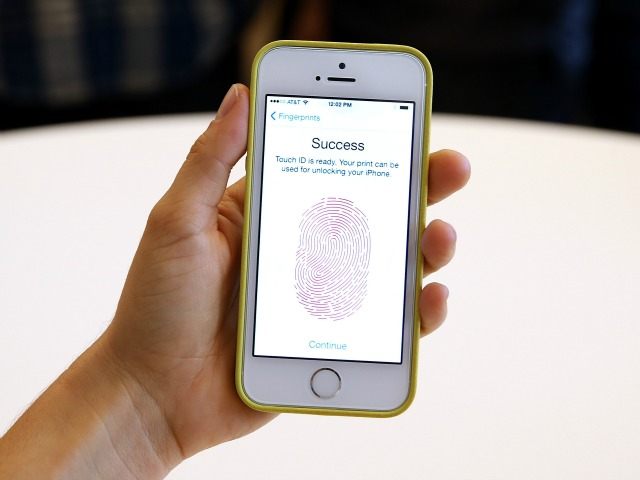The San Bernardino District Attorney told a federal judge on Feb. 27 that Apple must assist law enforcement by unlocking the terrorist killer Syed Farook’s iPhone 5C because it may have been the trigger to unleash a “cyber pathogen,” county prosecutors said in a brief court filing.
San Bernardino County District Attorney Michael Ramos told a federal judge: “The iPhone is a county owned telephone that may have connected to the San Bernardino County computer network. The seized iPhone may contain evidence that can only be found on the seized phone that it was used as a weapon to introduce a lying dormant cyber pathogen that endangers San Bernardino’s infrastructure.”
The new and troubling information represents the first disclosure that law enforcement believes that the iPhone may provide links to possible co-conspirators. Prior to the District Attorney’s disclosure, San Bernardino police chief Jarrod Burguan said there was a “reasonably good chance that there is nothing of any value on the phone,” and FBI Director James Comey said, “Maybe the phone holds the clue to finding more terrorists. Maybe it doesn’t.”
The County of San Bernardino, when contacted by ARS Technica blog, declined to make further comment.
The DA’s office has described a “compelling governmental interest in acquiring any evidence of criminal conduct, additional perpetrators, potential damage to the infrastructure of San Bernardino County, and in protecting the California Constitutionally guaranteed due process rights of the victims, deceased and living, arising from state crimes committed on December 2, 2015.”
Apple defenders were quick to mock the DA’s claims of a “lying dormant cyber pathogen” on the terrorist iPhone, suggesting the DA was trying to scare the court.
Based on the FBI’s arguments that government has the right under the “All Writs Act” of 1789, a Southern California magistrate granted the FBI an order compelling Apple, Inc. to build a backdoor into modern iPhones.
A hearing is scheduled for March 22 in federal court to discuss Apple’s request for reconsideration.
Photo: file

COMMENTS
Please let us know if you're having issues with commenting.